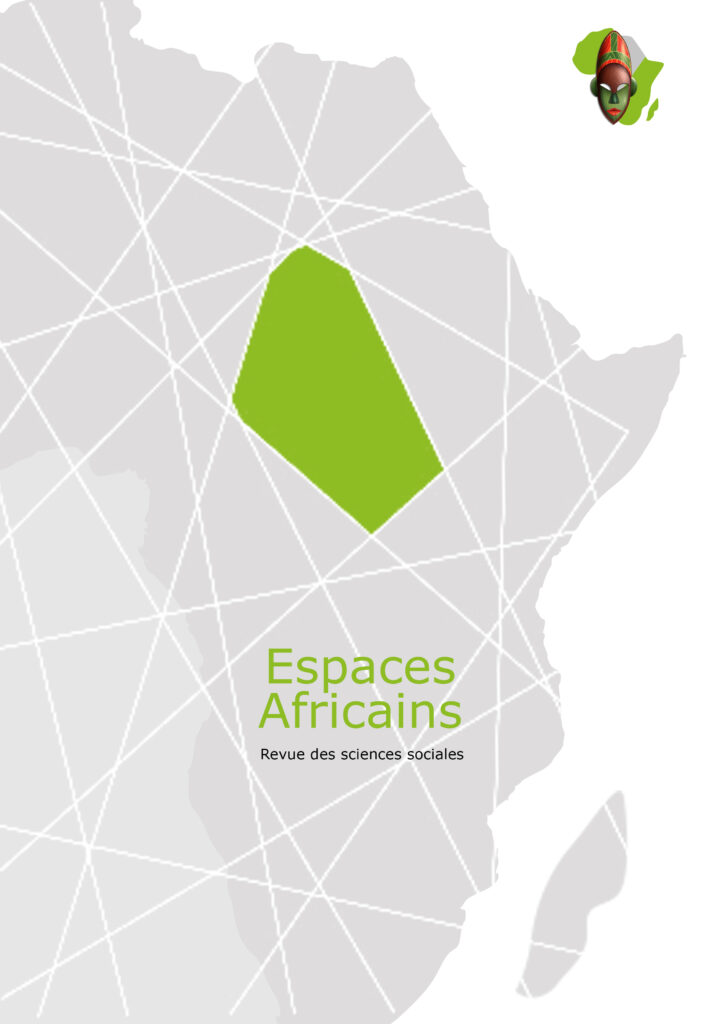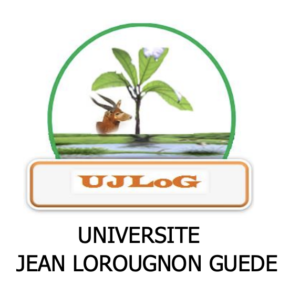Revue Espaces Africains - Groupe de recherche pluridisciplinaire et international « Populations, Sociétés & Territoires » (PoSTer)
Le pétrole comme facteur d’insécurité maritime : Acteurs et évolution du phénomène dans le Golfe de Guinée
Résumé
En quelques années, la vague d’insurrections armées observées dans le Delta du Niger s’est transformée en une insécurité en haute mer ; faisant du Golfe de Guinée « la zone maritime la plus dangereuse au monde ». Avec la découverte des nouveaux gisements pétroliers, notre étude se propose d’analyser une éventuelle interaction entre pétrole et insécurité en mer à travers une dynamique d’acteurs. L’analyse s’appuie sur diverses sources ; sur une revue de la littérature scientifique, des annuaires statistiques spécialisés et sur une médiamétrie réalisée à partir du moteur de recherche Google. Ces informations ont été complétées par des entretiens semi-directifs réalisées auprès des acteurs institutionnels en charge de la gouvernance maritime dans cette région. Les résultats indiquent que les eaux ghanéennes enregistrent plusieurs attaques et détournements des navires pétroliers. Une nouvelle zone d’insécurité semble se dessiner en lien avec l’or noir; d’où une élaboration des textes juridiques forts et une surveillance renforcée.
Abstract
In the space of a few years, the wave of armed insurgencies observed in the Niger Delta has been transformed into insecurity on the high seas, making the Gulf of Guinea « the most dangerous maritime zone in the world ». With the discovery of new oil fields, our study aims to analyze a possible interaction between oil and insecurity at sea through a dynamic of actors. The analysis is based on a variety of sources, including a review of scientific literature, specialized statistical yearbooks and a mediametric analysis using the Google search engine. This information was supplemented by semi-structured interviews with institutional players in charge of maritime governance in the region. The results show that Ghanaian waters have seen a number of attacks and hijackings of oil tankers. A new zone of insecurity seems to be taking shape; hence the need for strong legal texts and reinforced surveillance.


